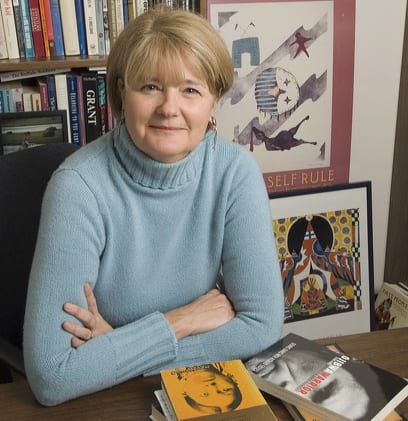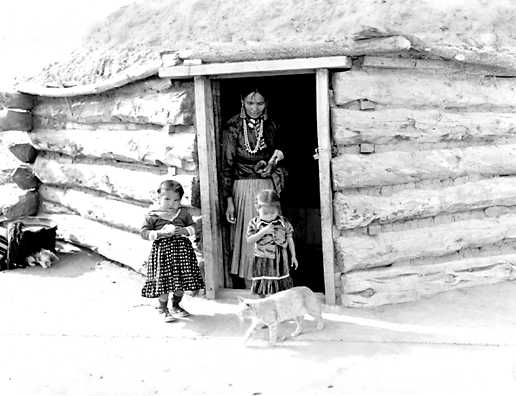A growing global movement to apologize and make restitution to victims of human rights abuses is now gathering steam in the United States, but it won’t be a first for the country, says the president of The Western History Association.
“In reviewing the history of reconciliation in the American West, I’ve found three examples of government restitution — where we acknowledge we’ve participated in human rights abuses and offered either an apology, restitution, reparation or all three,” says Sherry Smith, associate director of the Clements Center for Southwest Studies at SMU and an SMU history professor.
 |
| Sherry Smith, SMU history professor |
The state of Montana granted posthumous pardons to Germans and Austrians convicted and imprisoned under repressive sedition laws during World War I; the U.S. government paid reparations to the heirs of Japanese Americans relocated to incarceration camps during World War II; and in a landmark native-lands case, Arizona returned 6,000 acres to the Hualapai tribe in the 1940s and the U.S. government set up the Indian Claims Commission.
“These are tiny steps considering the magnitude of the problem. But they helped turn the corner of deep injustice,” Smith says. “It’s never too late to do the right thing.”
The global move toward reparations and restitution has largely evolved since World War II, beginning with Germany after the Holocaust, Smith says. Since then other nations and some private corporations have apologized or offered reparations to reconcile the past.
Increasingly, governments are responding to victims’ rights groups that are demanding reconciliation and restitution for slavery, war crimes and other institutionalized abuse.
Most recently, the U.S. Senate in June passed a resolution apologizing for slavery — although it didn’t offer any monetary reparation.
 |
| Navajo Indian mother and children in door of hogan. Credit: David deHarport, Natl Park Service Historic Photo Collection |
“The United States is in the beginning stages of this movement,” says Smith, noting that historians have been a critical part of the process as they collect victims’ testimony and verify abuses through documentation.
“To the extent reconciliation includes chronicling and teaching the sometimes troubled past, historians are central to that,” says Smith.
While Smith isn’t drawing moral or ethical conclusions, she did say “the work that historians do can have social justice implications. We need to tell the stories of abuse and keep retelling them as part of the reconciliation process. But victims also need more than words. They want acts, too.”
)
Smith will address “Reconciliation and Restitution in the American West” at the Western History Association’s annual conference in October in Denver. More than 900 association members from museums, universities and government agencies attend the conference. — Margaret Allen
News coverage of Smith’s analysis:
Physorg.com
Science Codex
Medical News Today
Genetic Engineering & Biotechnology News
R&D Magazine
ScienceBlog
Related links:
Sherry Smith
The Japanese American Legacy Project
The Montana Sedition Project
Annenberg Public Policy Center: Slavery reparations?
The Western History Association
Clements Center for Southwest Studies
 A growing global movement to apologize and make restitution to victims of human rights abuses is now gathering steam in the United States, but it won’t be a first for the country, says the president of
A growing global movement to apologize and make restitution to victims of human rights abuses is now gathering steam in the United States, but it won’t be a first for the country, says the president of